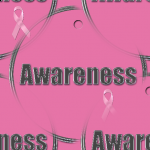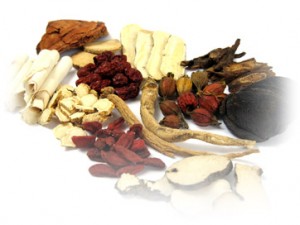 We have all heard of licorice, but what it is used FOR, is a bit of a mystery. Licorice is used in nearly every Chinese herbal formula (and there are thousands) because it is known to “harmonize the formula”.
We have all heard of licorice, but what it is used FOR, is a bit of a mystery. Licorice is used in nearly every Chinese herbal formula (and there are thousands) because it is known to “harmonize the formula”.
Well, what the heck does that mean? Because licorice root can ameliorate the blood (make it better by kick starting your blood and energy), it facilitates the gastrointestinal tract’s absorption process of the herbs in the formula. Researchers have been studying this process for years, and although scientists do not completely understand the “how” of why licorice does what it does, it is known that it does work.
Licorice root “harmonizes” herbal formulas by helping your GI tract. Licorice (Glycyrrhiza glabra) root has been used to treat stomach ulcers, it has antioxidant qualities (the root contains flavonoids), contains amino acids that help build healthy cells and muscles, and treats upper respiratory infections, viral infections and a sore throat. Amazingly, it is classified as an adaptogen, and helps the body deal with stress! What a versatile chinese herb!
It is important to know that it’s better to use the whole herb rather than chemicals isolated from the herb because all the components of the herb together produce the desired effect. Once again, we get back to “harmony”.
All Pacific Herbs products are produced using the gold standard of pharmaceutical grade processing to ensure the most potent formulation, then stored in convenient packets that are air, water and light tight. This unique packaging keeps the all-natural compounds in our Herb Packet vital for an unprecedented 4-year shelf life while offering the convenience of a highly portable, pocket-sized pack that can be taken anywhere. The herbal ingredients are tasty and available in a powder that can be dissolved in your mouth or in hot or cold water.
Additionally, Pacific Herbs products are the most potent on the market, using the highest quality Chinese herbs available that are both safe and effective. Our manufacturing facility has state-of-the-art equipment to cook, dry and package botanicals. All Pacific Herbs Chinese herbal products are extensively tested for pesticides and other contaminants. Pacific Herbs Packets are stamped with a lot number traceable to a Certificate of Analysis (COA) of testing date. Manufacturing is under strict Current Good Manufacturing Process (cGMP) and International Standards Organization (ISO) standards.
References: [1] Effect of licorice on the reduction of body fat mass in healthy subjects. Armanini D, De Palo CB, Mattarello MJ, Spinella P, Zaccaria M, Ermolao A, Palermo M, Fiore C, Sartorato P, Francini-Pesenti F, Karbowiak I. J Endocrinol Invest. 2003 Jul;26(7):646-50. [2] Glycyrrhetinic acid, the active principle of licorice, can reduce the thickness of subcutaneous thigh fat through topical application. Armanini D, Nacamulli D, Francini-Pesenti F, Battagin G, Ragazzi E, Fiore C. Steroids. 2005 Jul;70(8):538-42. Epub 2005 Apr 12. [3] The treatment of atopic dermatitis with licorice gel. Saeedi M, Morteza-Semnani K, Ghoreishi MR. J Dermatolog Treat. 2003 Sep;14(3):153-7. [4] The efficacy of licorice root extract in decreasing transaminase activities in non-alcoholic fatty liver disease: a randomized controlled clinical trial. Hajiaghamohammadi AA, Ziaee A, Samimi R. Phytother Res. 2012 Sep;26(9):1381-4. doi: 10.1002/ptr.3728. Epub 2012 Feb 6. Other Sources: Encyclopedia of Dietary Supplements, second edition, ed, Paul M. Coates, 2005, Marcel Dekker, New York, pp. 479 – 486.





